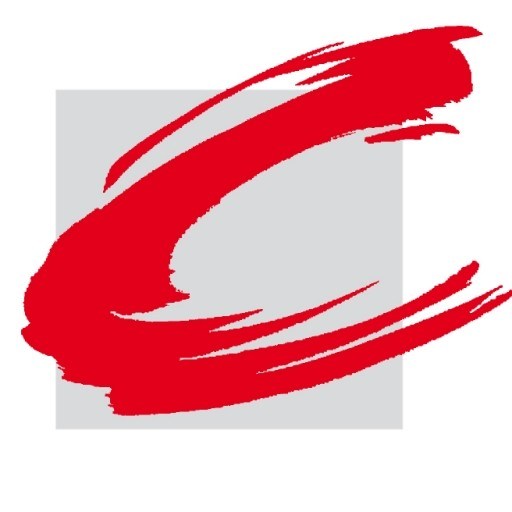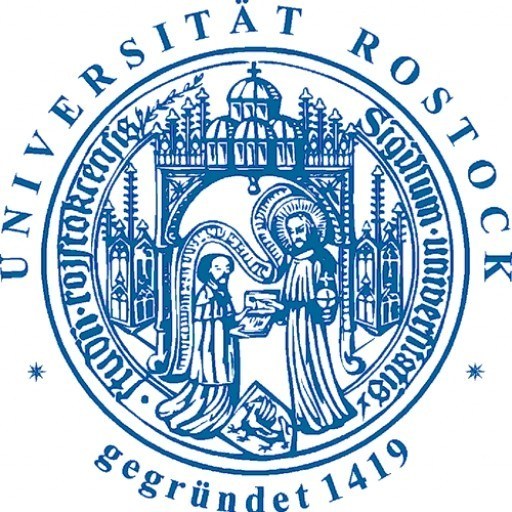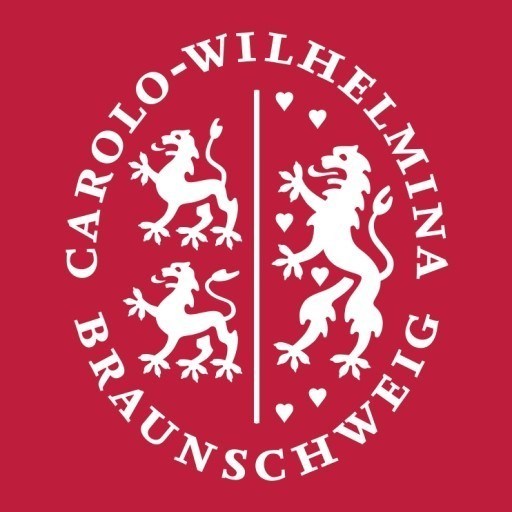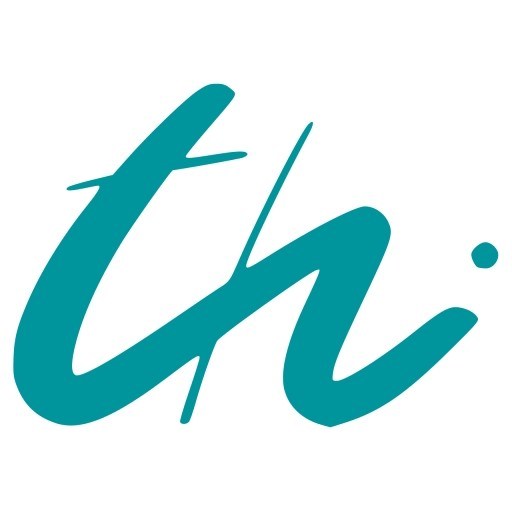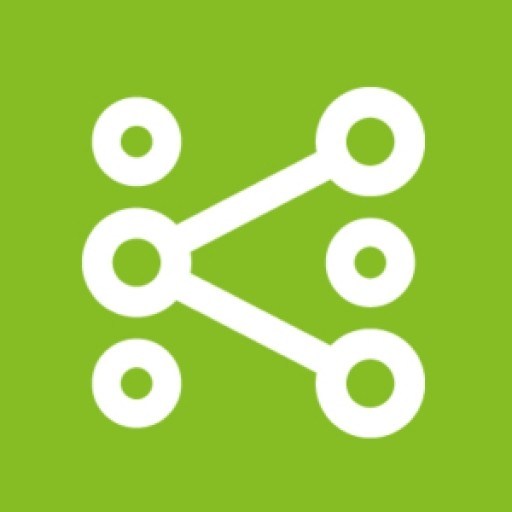The Bachelor's degree program in Usability Engineering at Rhine-Waal University of Applied Sciences is designed to equip students with the essential skills and knowledge to create user-centered digital products and services. This interdisciplinary program combines principles from computer science, psychology, design, and engineering to prepare graduates for the growing field of usability and user experience (UX) design. Throughout the course, students will learn how to analyze, design, and evaluate interactive systems, ensuring they meet the needs and expectations of users across various industries. The curriculum covers core topics such as human-computer interaction, ergonomics, interface design, user research methodologies, and usability testing. Emphasizing practical experience, the program incorporates labs, projects, and collaborations with industry partners, providing students with real-world insights and hands-on skills. Graduates will be able to work as usability engineers, UX designers, human factors specialists, or usability consultants, contributing to the development of intuitive, accessible, and effective digital solutions. The program is taught in English, attracting a diverse student body from different countries and backgrounds, fostering a global perspective on usability challenges and solutions. With a strong focus on innovative thinking and user-centered design, the program prepares students to meet the demands of a rapidly evolving digital landscape, where user experience is a key differentiator for successful products. Upon graduation, students will be well-positioned to pursue careers in technology companies, consulting firms, or start-ups, or to continue their studies in specialized postgraduate programs. The university’s modern facilities, experienced faculty, and strong links with industry ensure a comprehensive educational experience that combines theory with practice, making graduates highly competitive in the international job market.
Educational organisation
This course is a three-semester Master's degree programme.The first two semesters will provide you with the theoretical and practical foundation vital to your future career. Course modules have been designed to enhance and consolidate your knowledge and skills in key subject areas. Practical training courses and interdisciplinary projects based on real-world issues will help you to advance your key qualifications and gain additional interpersonal and social skills. You will develop substantial skills in areas of human factors, psychology and intercultural management as well as in the fields of usability analysis techniques, visualisation and the strategic implementation of usability methods.
We produce graduates who are able to apply and establish their skills and knowledge in various kinds of operational structures. This is why we are especially committed to the development of additional competencies in the fields of strategic management, usability consulting and targeted communication.
In your third semester, you will develop your Master's thesis in cooperation with a professor at the university and a company, if possible. A high academic standard and the practical relevance of your topic are of major importance here as well.
Study abroad unit(s)
NoneInternships
NoneForms of assessment
Written and oral examinations, projectsMaster's thesis
Course objectives
By putting a special emphasis on innovative problem-solving methods and incorporating interdisciplinary and international approaches, our degree programme aims to equip you for a career that matches present and future labour market needs and trends. Complementing the individual skills you have gained in your undergraduate degree, our Master's degree will strengthen your employability in all areas in which interactive systems are designed and developed. In short, you will be a sought-after expert wherever products are designed for hands-on use by people.Language requirements
Please note that for this degree programme English language skills at level C1 according to the Common European Framework of Reference are required. Please be aware that all applicants' test report form numbers will be checked. We will accept the following certificates (or equivalents):IELTS: minimum 6.5
TOEFL (Internet-based test): minimum 110
TOEFL (paper-based test): minimum 560
TOEFL (computer-based test): minimum 220
The TOEFL code of our university is: 6962.
Academic requirements
Our Master's degree programme has been designed for computer scientists, psychologists, and designers with experience in software application who would like to advance their subject-specific skills and knowledge by becoming experts in the field of usability engineering.The formal entry requirements for the Usability Engineering, MSc programme are:
- Proof of a completed undergraduate degree (BSc, BA, German Diploma ("Diplom") or equivalent) in a discipline closely related to psychology, computer science or design
- An overall mark of at least 2.5 in your undergraduate degree
- A minimum of 210 credit points or ideally 7 semesters of full-time study; applicants who have got less than 210 credit points when starting their Master's degree programme have to achieve the missing credit points by passing suitable examinations in modules of other degree programmes.
- A sufficient level of English language proficiency (level C1 CEFR or better)
Please find more information on our website.
Enrolment fees
Approx. 270 EUR per semester. This covers nominal administration fees and includes a semester ticket that allows free travel on most bus and train routes throughout the state of North Rhine-Westphalia as well as to and from Nijmegen in the Netherlands.Costs of living
The "Deutsches Studentenwerk" puts the average cost of living for students in Germany at around 700 to 800 EUR per month. This includes rent, utilities, personal expenses, and other nominal costs. For a sample breakdown of living expenses and information about financing your studies in Germany, please see our website: http://www.hochschule-rhein-waal.de/en/academics/students/costs-scholarships-and-grants.Job opportunities
International students from non-EU countries are legally permitted to work 120 full days or 240 half days per year on a student visa. No additional authorisation from German authorities is required.Rhine-Waal University of Applied Sciences often posts job advertisements for students both inside and outside the university on campus noticeboards. Some jobs at the university only require English, but most jobs in Kleve, Kamp-Lintfort, and surrounding areas will require at least conversational fluency in German. Fortunately, our Language Centre offers German courses that students can attend at no charge.
However, due to the intense workload at Rhine-Waal University of Applied Sciences, first-year students are strongly advised to dedicate their full attention to their studies. In later semesters, you will have a more open schedule and a better idea of how to balance work and studies. This is also a realistic time frame for acquiring speaking proficiency in German while studying full-time.
Funding opportunities within the university
A limited number of scholarships are available for currently enrolled students at Rhine-Waal University of Applied Sciences. The most prominent scholarship is the Germany Scholarship ("Deutschlandstipendium"). German and international students are both eligible to apply. The Germany Scholarship is a stipend of 300 EUR per month awarded each year to a limited number of students who have demonstrated excellent academic performance or exemplary social commitment to the community. Other scholarships, grants, and fellowships are available through regional and national organisations in Germany. Please see our website for details.Rhine-Waal University of Applied Sciences informs all students of important scholarship deadlines in advance so that they don't miss any potential application opportunities.
http://www.hochschule-rhein-waal.de/en/academics/students/costs-scholarships-and-grants/scholarships-and-grants
Arrival support
Rhine-Waal University of Applied Sciences is accessible from the international airports Amsterdam (AMS), Düsseldorf (DUS), Cologne/Bonn (CGN), and Weeze (NRN). The university does not offer any pick-up services, but both Kleve and Kamp-Lintfort can be reached by public transportation from any of these airports.If you anticipate any travel problems, delays, or unexpected changes to your plans, please contact our Welcome Centre so that we can support you with helpful advice.
Services and support for international students
Our Welcome Centre supports international students during their first few weeks in Germany. The Welcome Centre provides helpful advice and guidance on contracts, opening a bank account, registering your place of residence, applying for a student visa, setting up health insurance, and more.The student mentors at the Welcome Centre know first-hand what it's like adjusting to life as a student in Germany. They are also an important first contact point for students with personal and social issues, as they can direct students to the right place for their specific needs. The Welcome Centre also promotes student culture at the university by organising trips and excursions to destinations all around the region as well as a range of social events for students such as the annual "Freshtival", the university's week-long orientation festival for new students in the winter semester.
Accommodation
Rhine-Waal University of Applied Sciences strongly urges you to make accommodation arrangements before your arrival. The university does not have its own residence halls, but the "Studierendenwerk Düsseldorf" runs dormitories near campus in Kleve and Kamp-Lintfort with options for single rooms or two- and three-room flats. Prices start at around 220 EUR per month. Room availability in these dormitories is limited and subject to a waiting list, so it's important to register online for a room as soon as possible. Please note that a security deposit of three months' rent is also required.Most students choose to share a private flat off campus with fellow students. There are a number of popular online portals for finding a flat in Germany, for example: http://www.wg-gesucht.de. Rhine-Waal University of Applied Sciences also maintains its own list of available flats and rooms for students on its website. Thanks to the flexibility of the Semester Ticket, students can live in Kleve, Kamp-Lintfort, or one of the many cities and towns nearby and reach campus by public transport. For more information and helpful tips on finding a flat, please see our website: http://www.hochschule-rhein-waal.de/en/academics/prospective-students/housing.


